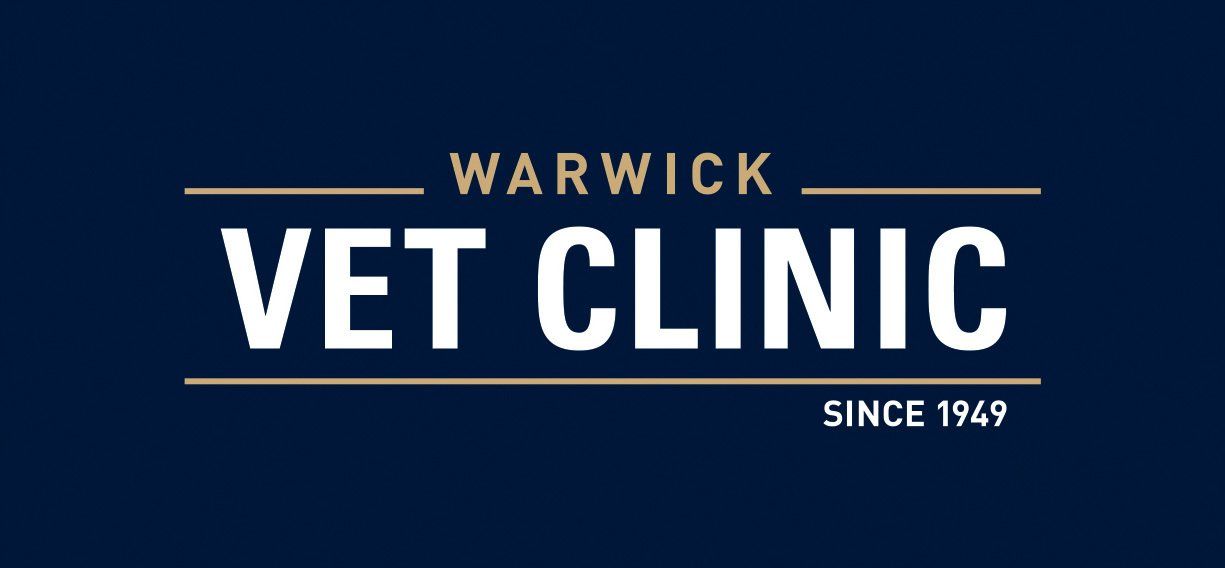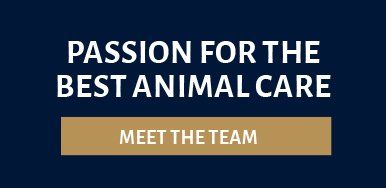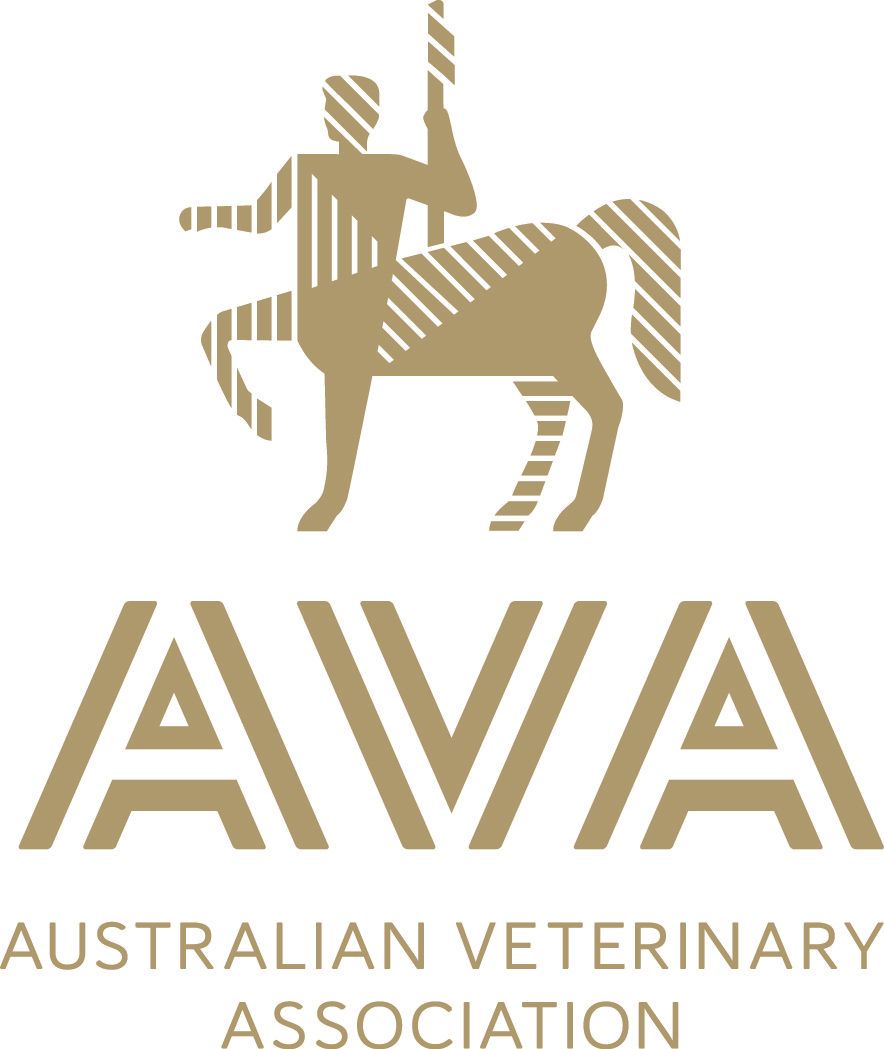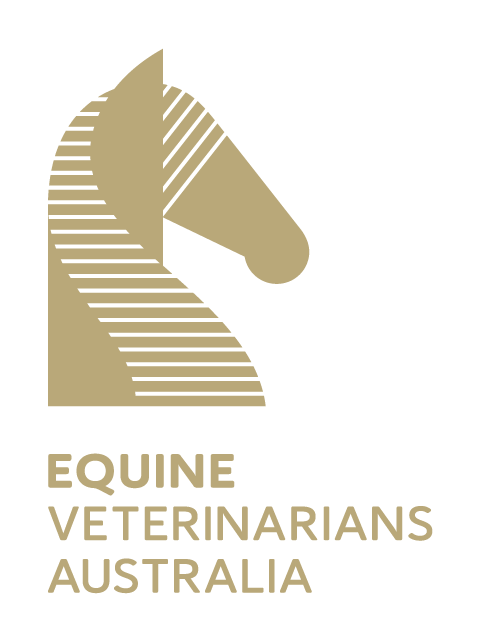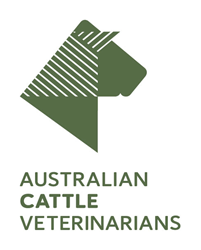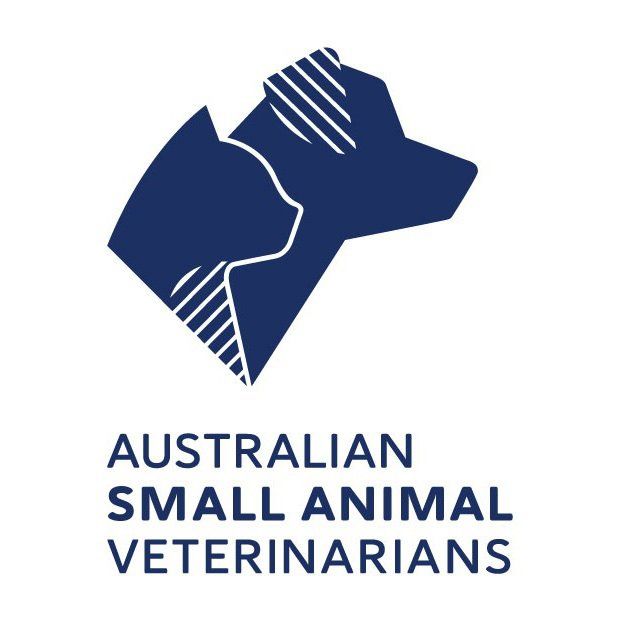FOAL CARE
It is important to monitor your newborn foal during the first week of its life to ensure an optimal chance of survival.
Our equine veterinary team at the Warwick Vet Clinic has put together a guide for the routine management of foals to assist with the care of a new foal in the first week after the birth.
PREMATURITY
Foals are born after approximately 340 days gestation. This time can be variable with some normal foals born 20 days sooner or later. Colt foals usually have a longer gestation (time in the mare) than fillies; foals born in late winter or early spring can take up to 10 days longer than foals born in the middle of spring.
Signs of prematurity include a small body size, fine body hair, laxity of limbs and a domed head.
EXAMINING THE FOAL FOR NORMAL SIGNS
-
The normal clinical signs for a newborn foal are listed below:
- Mentation – Bright, alert, responsive
- Rectal Temp – 37.2–38.5 degrees
- Heart Rate – 80-135 beats/min
- Respiration Rate – 20 – 40 breaths/min
- Gum Colour – Pink, Moist, Capillary Refill < 1sec
- Time until stand – 30min
- Time until suckle – 120min
- Time until urinate – 8 hrs
-
A brief examination of the foal by the handler should include:
- Checking their eyes
- Teeth alignment
- The roof of the mouth for a cleft palate (opening)
- Palpate the ribs for evidence of fractures (9th and 10th rib commonly)
- Umbilical hernia
- Leg angles
- Gait
FEEDING YOUR FOAL
Ensure that the foal is attaching to the udder when feeding under the mare and not missing the teat.
They will spend a large part of the time feeding especially within the first week of life; feeding about seven times every hour. They drink 15 – 30% of their body weight each day i.e. 7.5 – 15L in frequent, small feeds.
Foals which don’t drink regularly or frequently from the mare may be showing early signs of trouble. Look for udder distension in the mare or foals which are sleeping excessively.
Read More
Read Less
FOAL IMMUNITY
Foals receive all of their immunity from the mare through the milk (colostrum). This immunity protects the foal from disease. Within 12 hrs of birth foals need 200 – 250ml of good quality colostrum. Orphan foals can be given cows colostrum; however, this is not as ideal as what the mare produces.
A blood sample taken from the foal within 24 hrs of birth can measure the transfer of this immunity. Low levels of IgG (immunity) means that the foal will need plasma intravenously. Antibiotics alone do not suppress diseases such as diarrhoea and pneumonia in foals with inadequate immune levels.
Read More
Read Less
UMBILICAL CORD RUPTURE
Umbilical cords need to be treated ideally as soon as they rupture because the stump is a very good portal of entry for bacteria into the blood stream. Ideally the umbilical stump is dipped in chlorhexidine or iodine preparation. Some strong iodine mixture can harm the skin of foals. Dip the umbilical cord every 6 – 8 hrs for the first day.
TETANUS
Tetanus prophylaxis cover may be given with a TAT given under the skin on day one.
IMPACTED MECONIUM
Enemas are given within the first 4 hours after foaling to avoid the foal getting gut pain from impaction of faeces. Signs of impacted meconium can be failure to drink, rolling, and sweating. Meconium retention is more of a problem in colt foals. Soapy water (300ml warm water with lux flakes) can be give via a 10ml syringe rectally. Gentle digital manipulation with a gloved finger can assist to remove the faecal pellets. Avoid causing trauma to the anus.
FOAL LIMB DEFORMITIES
Limb deformities such as contracted tendons, angular limb deformities and joint laxity (floppy joints) are all problems which are also treated within the first week of the foal’s life. Mild cases can improve with limited, controlled exercise. Severe cases need to be restricted in a stall. Feet trimming and rasping during the first week may be needed to correct feet alignment.
RUPTURED BLADDER
Ruptured bladders (more common for fillies than colts) can be caused during the trauma of birth or with lifting foals. Monitor urine output and signs of straining (especially without urine production), a round belly and depression.
ENTROPION
Foals can also be born with turned in eyelid (entropion) which can lead to ulceration of the eye and permanent problems. Some cases do improve as the foal gains weight with feeding but most do need veterinary attention.
EQUINE ROTAVIRUS
Equine Rotavirus is one of the common causes of diarrhea in foals under the age of 6 months.
The disease can be spread via faecal-oral route, from infected foals or from non-clinical, healthy foals. The virus attaches the absorptive villi in the small intestine and prevents foals from properly absorbing the milk across the small intestine. The protein within the bowel then leads to an osmotic diarrhea, dragging fluid out of the foal leading to dehydration. The faeces can vary from loose cow pad type to profuse watery diarrhea.
Clinically, foal’s present dull, depressed, ‘off the suck’ and dehydrated. They will vary in age from 2 days to 6 months and will nearly always have a smelly, wet tail. Dehydration is the most urgent problem as the foals can become quite ill during the heat of summer.
The disease can become a management problem on horse studs and farms. Sick foals should be isolated from healthy horses and treated with proper medication whilst stalls and boxes need to be cleaned with appropriate disinfectants. Proper fly control program needs to be instituted. The single stranded RNA virus can survive in the environment for up to 9 months.
Treatment in the past has relied on the use of fluid replacement products, anti-diarrhoeal agents and sometimes antibiotics. More recently however a commercial vaccine against Rotavirus has been developed. The vaccine given to mares in the last few months of gestation produces antibodies against the virus in the mare’s colostrums. The antibodies consumed in the milk coat the lining of the foal’s small intestine and prevent the development of the disease.
Read More
Read Less
CONTACT A CLINIC
For further advice on the health care of your animals, contact the professional team at the Warwick Vet Clinic for a consultation.
CONTACT A CLINIC
We will get back to you as soon as possible.
Please try again later.
HEALTHY ANIMALS ARE HAPPY ANIMALS
The latest animal care information from our experienced veterinarians.
OUR CLINICS
WARWICK VETERINARY CLINIC
Opening Hours
Mon - Fri: 7:30am to 6:00pm
Sat: 8:30am to 12:00pm
Warwick West Vet Clinic
Opening Hours
Tuesday and Wednesday:
8:30am to 5:00pm
ALLORA VETERINARY CLINIC
Opening Hours
Monday - Friday:
8:30am to 5:00pm
CLIFTON VETERINARY CLINIC
Opening Hours
Tuesday, Wednesday and Friday:
9:00am to 4:00pm
Warwick Vet Clinic. Website by dms CREATiVE
